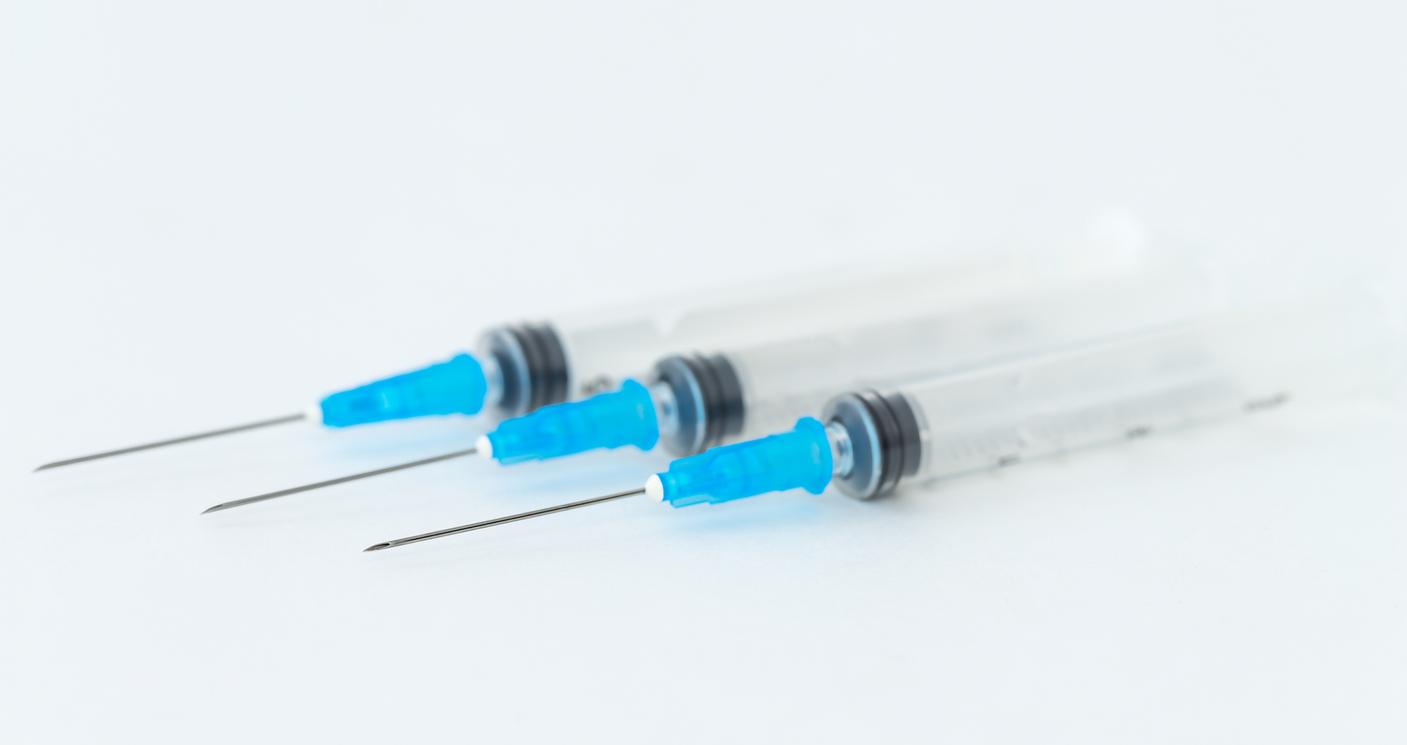Organ transplant recipients who did not achieve satisfactory immunity from two doses of the Moderna COVID-19 vaccine shot appeared to benefit from a third dose, according to a letter published yesterday in the New England Journal of Medicine.
The University of Health Network researchers enrolled 120 organ transplant patients who had no history of COVID-19 infection, and who had suboptimal results from their two doses of Moderna vaccine. Two months after their second dose, half received another Moderna vaccine, while the remainder received a placebo. The resulting 2-month follow-up showed that patients who received a third dose had a higher likelihood of achieving satisfactory antibody levels against the SARS-CoV-2 spike protein as well as higher neutralizing antibody levels.
"Although some may infer from these data that solid-organ transplant recipients should routinely receive a third vaccine dose, additional randomized trials will be key to learning how to better care for solid-organ transplant recipients during this pandemic," Winifred W. Williams, MD, and Julie R. Ingelfinger, MD, write in a related commentary.
Antibody levels rose after the third dose
The mean participant was 66.6 years, and the median time between transplantation to their third vaccine dose was 3.16 years, albeit slightly shorter in the placebo group. Local and systemic adverse events were slightly more common in the intervention arm, but no grade 3 or 4 events occurred. Just as importantly, no acute organ rejection happened.
Overall, 55% of the intervention arm had anti-receptor binding domain (RBD) antibody levels reach at least 100 units per milliliter (U/mL), which is tied to 50% in vitro virus neutralization, compared with 18% of the placebo group (relative risk [RR], 3.1; 95% confidence interval [CI], 1.7 to 5.8). Additionally, 60% of the intervention group was above the 30% threshold for neutralizing antibody positivity compared with 25% of the placebo group (RR, 2.4; 95% CI, 1.5 to 4.0).
Those who received a third dose had a median percent virus neutralization of 71% versus the placebo group's 13% (95% CI for the between-group difference, 11 to 76 percentage points). More T-cells were also found in the intervention group, who had a median level of 432 per 1 million CD4+ T-cells versus the placebo group's 67 cells per million. Neither group showed significant polyfunctional CD8+ T-cell responses.
Because the placebo group did show some antibody increases, the researchers suggest that B-cells are continuing to be stimulated by the two doses of mRNA vaccine.
"A third dose of mRNA vaccine in transplant recipients had substantially higher immunogenicity than placebo, as determined in our analysis of both primary and secondary trial end points," the researchers write, adding, "This trial had short follow-up and was not powered to detect differences in clinical outcomes. We also acknowledge that the cutoff value of 100 U per milliliter for the anti-RBD antibody level is arbitrary and is not necessarily predictive of resistance to infection."






















